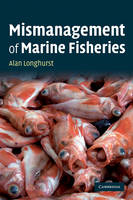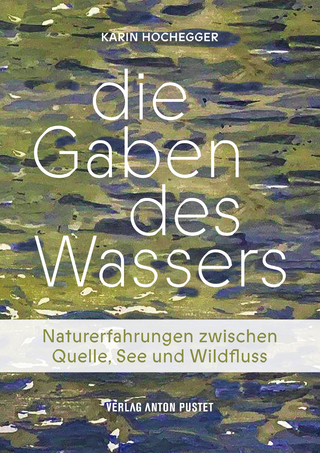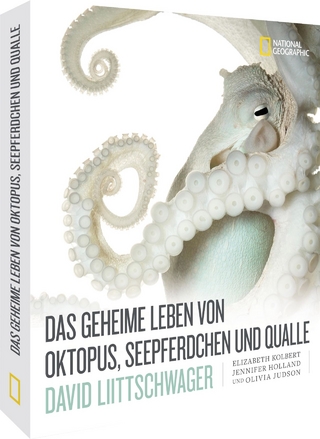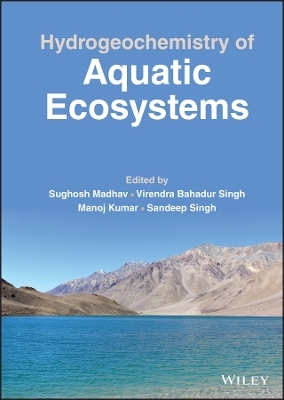
Mismanagement of Marine Fisheries
Cambridge University Press (Verlag)
978-0-521-72150-9 (ISBN)
Longhurst examines the proposition, central to fisheries science, that a fishery creates its own natural resource by the compensatory growth it induces in the fish, and that this is sustainable. His novel analysis of the reproductive ecology of bony fish of cooler seas offers some support for this, but a review of fisheries past and present confirms that sustainability is rarely achieved. The relatively open structure and strong variability of marine ecosystems is discussed in relation to the reliability of resources used by the industrial-level fishing that became globalised during the 20th century. This was associated with an extraordinary lack of regulation in most seas, and a widespread avoidance of regulation where it did exist. Sustained fisheries can only be expected where social conditions permit strict regulation and where politicians have no personal interest in outcomes despite current enthusiasm for ecosystem-based approaches or for transferable property rights.
Alan Longhurst began his career in fisheries science, but is best known as a biological oceanographer, being the first Director of the Southwest Fisheries Science Center of the US NMFS in La Jolla, California, and later the Director-General of the Bedford Institute of Oceanography in Nova Scotia, Canada. He produced the first estimate of global plant production in the oceans using satellite imagery, and also quantified vertical carbon flux through the planktonic ecosystem. More recently, in reaction to disastrous Canadian management of NW Atlantic cod stocks, he has offered a number of critical reviews of several aspects of fishery management science. He retired in 1995 and now divides his time between south-west France and Nova Scotia.
Preface; 1. From certainty to doubt in fishery science; 2. The ecological consequences of the extraordinary fecundity of teleosts; 3. Indeterminate growth, negative senescence and longevity; 4. Marine ecosystems: their structure and simulation; 5. The natural variability of fish populations and fisheries; 6. Has sustainability in fishing ever been achieved?; 7. What is the real state of global fish populations?; 8. The mechanics of fish population collapse; 9. Why do some fish populations not recover after depletion?; 10. Is the response of the fishery science community appropriate?; 11. Conclusion: sustainability can be achieved rarely, and only under special conditions.
| Zusatzinfo | 26 Line drawings, black and white |
|---|---|
| Verlagsort | Cambridge |
| Sprache | englisch |
| Maße | 152 x 230 mm |
| Gewicht | 540 g |
| Themenwelt | Naturwissenschaften ► Biologie ► Limnologie / Meeresbiologie |
| Naturwissenschaften ► Biologie ► Ökologie / Naturschutz | |
| Naturwissenschaften ► Biologie ► Zoologie | |
| Weitere Fachgebiete ► Land- / Forstwirtschaft / Fischerei | |
| ISBN-10 | 0-521-72150-4 / 0521721504 |
| ISBN-13 | 978-0-521-72150-9 / 9780521721509 |
| Zustand | Neuware |
| Haben Sie eine Frage zum Produkt? |
aus dem Bereich


